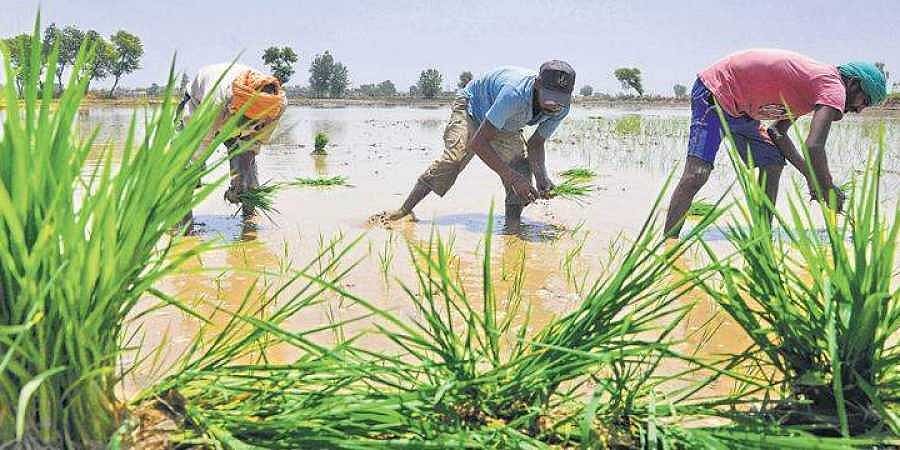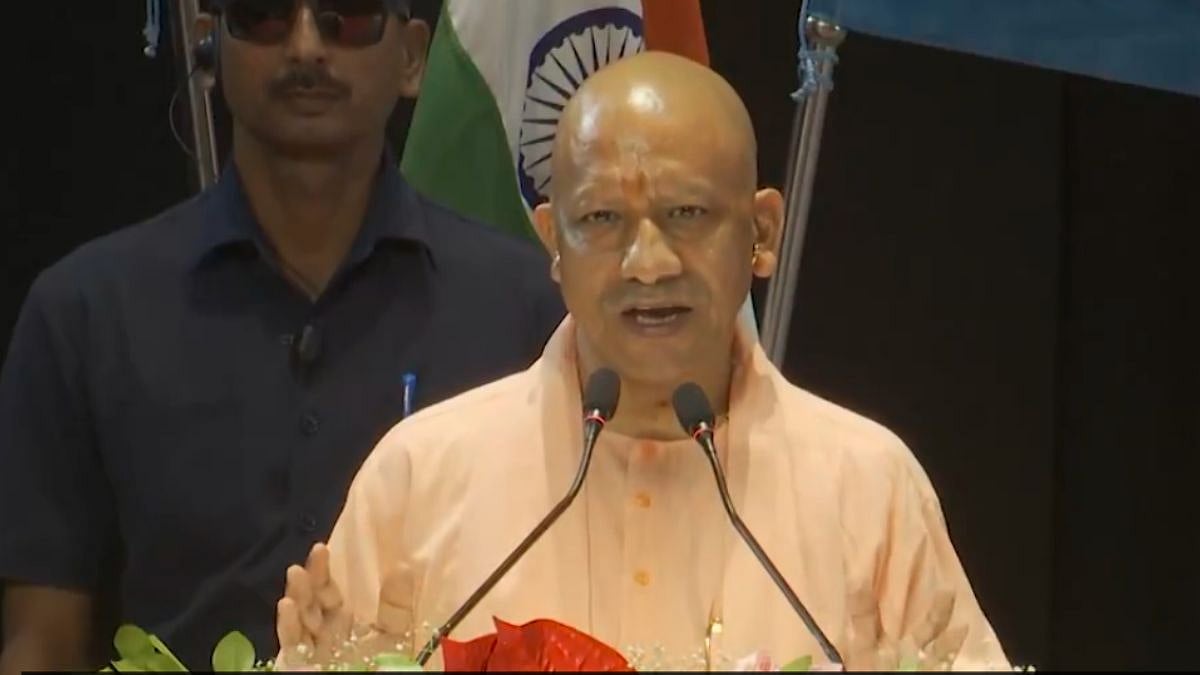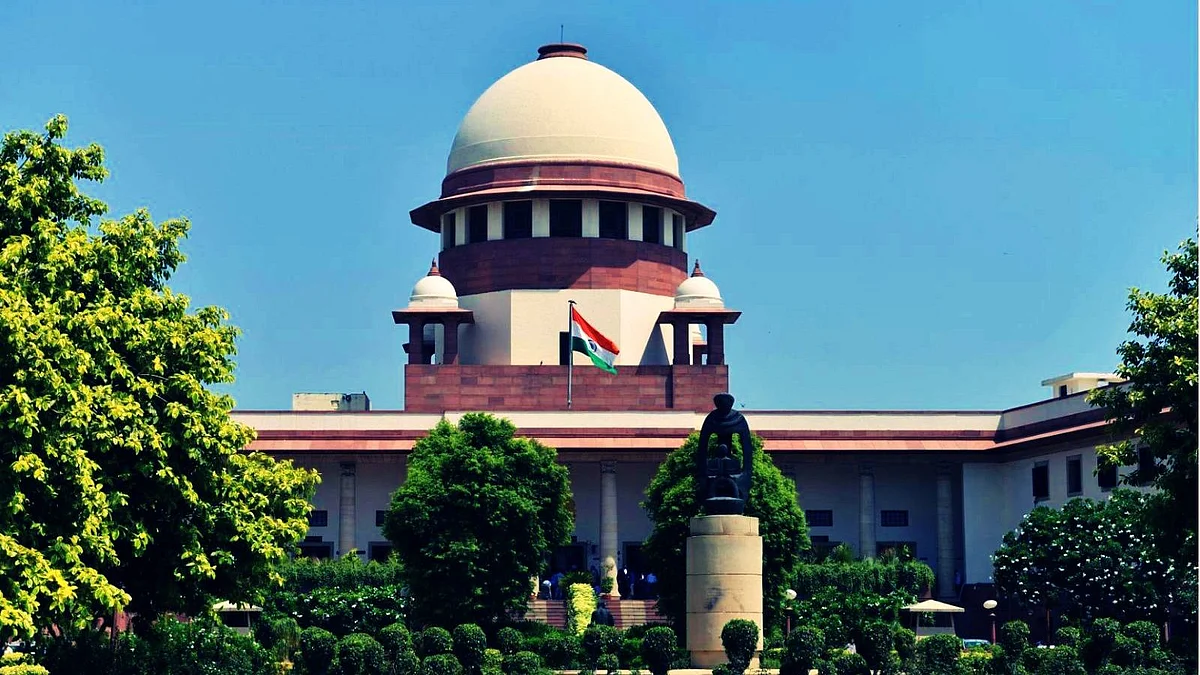With their eyes wide open, the Congress-ruled states are bent on creating a legislative charade in order to hoodwink farmers protesting against the Central farm laws. On Tuesday, as previously threatened, the Punjab Assembly passed a couple of legislations seeking to amend and negate some of the provisions in the recent Central farm-related laws. The government-sponsored resolutions were adopted unanimously, given the stiff competition among parties to misguide the agitating farmers. A basic understanding of the constitutional scheme of things was violated when the specially convened session adopted a resolution rejecting the Central laws.
Given that laws passed by the Centre on subjects figuring in the Concurrent list receive automatic primacy over any laws in the list passed by a State, the Punjab legislation is ab initio ultra vires. If sent to the President for assent, it will certainly meet rejection. A political charade which abuses the constitutional process ought to have been avoided at all costs.
But the Congress Party, in its desperation to mount an effective opposition against the Modi government, has chosen to go through a mock legislation, misusing the forum of the state assembly. And introduced a wholly redundant provision in the so-called legislation by the Punjab Assembly. It prescribes stringent punishment to anyone forcing a farmer to sell wheat and paddy --- the only two crops it seems to be concerned about to the exclusion of all others --- below the minimum support price. But there is no element of force edgeways mentioned in the Central laws. Nor, for that matter, any reference to below-MSP procurement.
The Centre has declared the MSP for over 20 crops, including cotton and maize. Clearly, the Punjab government is concerned about wheat and paddy alone. Because it fears losing nearly Rs 5,000 crore annually, as 8.5 per cent mandi fee on the Food Corporation of India's procurement of wheat and paddy. But nowhere in the Central laws is there a provision regarding the use of force to buy paddy or wheat, or, for that matter, any other crop with or without a formal MSP.
False propaganda by the Opposition is meant to create a fear psychosis about the Central laws. The Punjab amendments also empowered the state government to impose its own stock limits, along with those that might be set by the Central government under the amended Essential Commodities Act. The three Bills passed by the state assembly are sought to be replicated by the Congress-ruled states of Chhattisgarh and Rajasthan as well, with minor changes.
In Chhattisgarh, Governor Anusuiya Uikey has asked the state government the reason for convening a special assembly session. Eventually, the state government might have its way and pass copy-cat bills as passed by Punjab against the Central legislation. Likewise, the Rajasthan government too might follow suit. But the question is, to what effect? A political charade, mocking the constitutional division of legislative powers is orchestrated with the sole intention of pulling the wool over farmers’ eyes. Farmers know better than to be taken in by such deceptions.
Festivities with due precaution
In his 12-minute address to the nation on Tuesday evening, the Prime Minister yet again appealed to the people not to abandon caution, since the battle against the coronavirus was still far from over. Coming on the very eve of the start of the festive season, Modi’s appeal was timely. Given that Durga Puja, Dussehra and Diwali, etc., are major festivals during which celebrants enthusiastically gather in large numbers to eat, drink and generally to make merry, a reminder of the grim virus still hovering in the atmosphere was absolutely necessary.
However, the onus is on the respective state governments to steer the festival spirit in such a manner that it does not cause a surge in infections. Political considerations might prevent state governments from strictly enforcing basic precautions such as social distancing, hand-washing, mask-wearing, etc., on such joyous occasions but the courts suffer from no such constraints.
It is why West Bengal Chief Minister Mamata Banerjee must feel relieved at the High Court’s order restricting people from visiting various puja pandals. Only members of respective puja committees and the priests will be allowed entry. The court cited a huge surge in infections to justify the ban on devotees congregating around various pandals. Now that the daily number of infections is on a downward trajectory, it is for every citizen to remain properly sanitised and safe by conscientiously following basic precautions.










